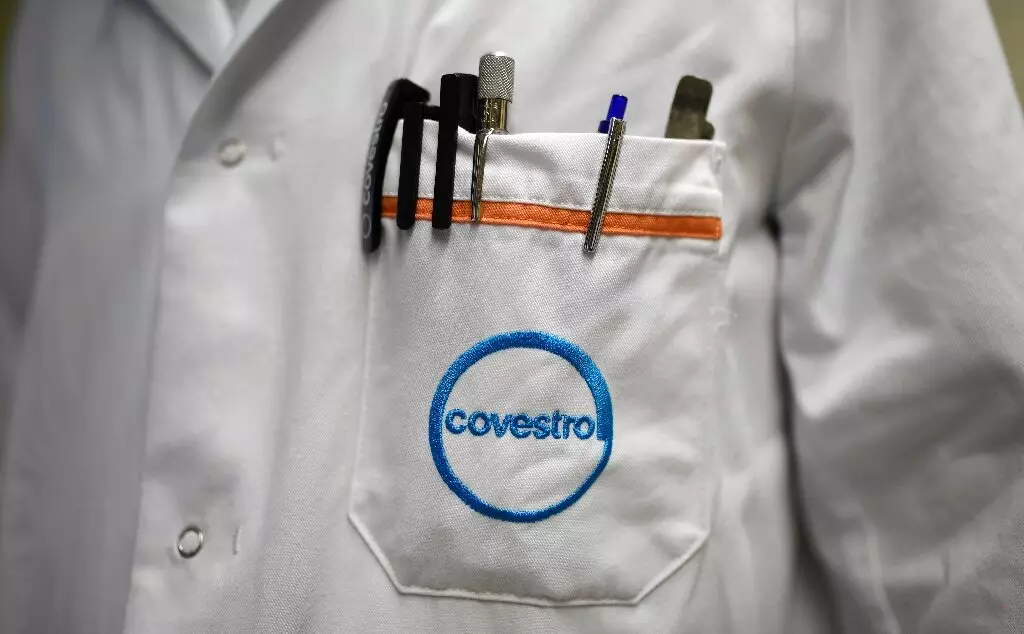The chemical industry is at a pivotal point in addressing its environmental impact, with one of Europe’s largest chemical complexes, Covestro, at the forefront of innovation. Covestro is currently conducting a pilot project to manufacture aniline, a key chemical used in foam production, using sugar as a base material instead of oil. This shift is a significant step towards reducing the industry’s reliance on fossil fuels and lowering its carbon footprint.
The pilot project at Covestro’s complex in Leverkusen involves extracting aniline from fermented sugar using a process developed by researchers at the University of Stuttgart. While the production on a commercial scale is still years away, the project marks a small but essential step towards sustainable chemical production. Aniline is a crucial ingredient in manufacturing foams, widely used in everyday products like mattresses, armchairs, and building insulation.
Despite the potential benefits of using plant-based materials in chemical production, some experts remain skeptical about its overall impact on carbon neutrality. Jens Guenther from Germany’s Federal Environment Agency highlights concerns about the use of cultivated biomass like maize, sugar cane, and sugar beet, as they may contribute to CO2 and methane emissions through land conversion and the production of fertilizers and pesticides. There are also considerations about the impact of large-scale industrial agriculture on biodiversity and water consumption.
Covestro is not alone in its pursuit of sustainable production methods. Other German companies, such as BASF, are also exploring the use of organic waste, agricultural products, or vegetable oils to produce basic chemicals like aniline. However, there are barriers to scaling up such projects, including the availability of organic matter, higher production costs compared to traditional methods using oil, and the need for significant CO2 savings to justify the transition.
For Germany, a major challenge lies in persuading manufacturers to invest in new processing sites for sustainable chemical production. The energy-intensive chemicals sector in Germany has been further strained by the increase in energy costs following geopolitical events like the invasion of Ukraine. Companies are now considering relocating production to more cost-effective locations outside of Germany, posing a threat to the country’s industrial sector.
The chemical industry’s experiment with sugar-based production is a promising but challenging endeavor. While the shift towards plant-based materials shows potential for reducing carbon emissions and promoting sustainability, there are significant hurdles to overcome. As the industry continues to innovate and adapt to a changing environmental landscape, collaborations between companies, researchers, and policymakers will be essential in driving forward a more sustainable future for chemical production.



Leave a Reply